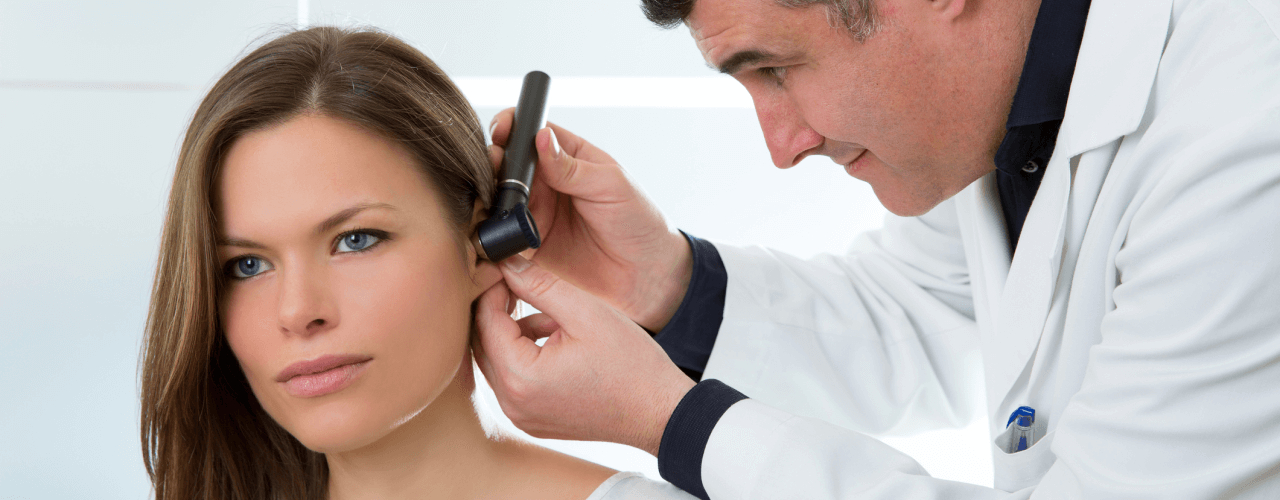How to treat ear pressure
Ear pressure can be very uncomfortable to experience on a daily basis. It is the result of a blocked eustachian tube (or tubes) or where one of these thin tubes that connects the middle ear to the back of the nose stops functioning properly. If you have issues with ear pressure then you may experience this as a feeling of stuffiness or fullness in your ears. So, how can you treat ear pressure if it happens to you?
Get to know your eustachian tubes
Pain, pressure, discomfort and hearing issues can be the result of disruption to the eustachian tubes. These thin tubes are responsible for balancing the air pressure on either side of the eardrum and will open up when you chew, swallow or yawn to help avoid a buildup of air pressure in your head. If something happens to stop your eustachian tubes from functioning properly this can create ear pressure.
Causes and treatments of ear pressure
- Ear infections. From a middle ear infection to a fungal infection or Swimmer’s Ear there are lots of ways in which this part of the body can become infected. Most will cause ear pain and pressure, as well as other symptoms such as a fever or discharge. Depending on the type of ear infection you have you may need antibiotics or antifungal ear drops or simply to rest and take over the counter painkillers until the infection clears up.
- Earwax issues. A buildup of earwax can sometimes cause a blockage against the eardrum, resulting in muffled hearing, itching, discharge and a feeling of pressure. You may need to have your ears syringed by a doctor or to use OTC ear drops (and avoid using ear buds in future if that’s what has caused the blockage).
- Sinus issues.Your sinuses sit inside your skull and are essentially a network of hollow cavities. Their function is to produce mucus but sometimes they can produce too much (for example if you have a virus) and the result may be sinus congestion with symptoms such as a blocked nose, headache, toothache, reduced sense of smell and ear pressure problems. There are a number of ways to treat this, including saline nasal washes and decongestant sprays, inhaling steam and taking antibiotics if you have an infection.
- Altitude changes. If your body experiences a quick change in altitude this can block your eustachian tubes so that your body is unable to equalise pressure in the middle ear with that outside it. This causes a vacuum that can create pressure and pain. Yawning, swallowing, chewing gum or hard sweets can all help to correct this.
- Meniere’s disease. This causes a build of fluid in the inner ear that can feel like pressure and be accompanied by other symptoms such as dizziness and tinnitus - it’s not known what causes this condition. A low salt diet, diuretic pills and anti-vertigo medication may all help with symptom management.
- Cysts or foreign objects. If you have something lodged in your ear - or you have developed a cyst (cholesteatoma) - both of these will need to be removed by a medical professional.
These are some of the main causes of a feeling of ear pressure - as well as the most effective ways to deal with them.
To learn more about how we can help you, click here.












